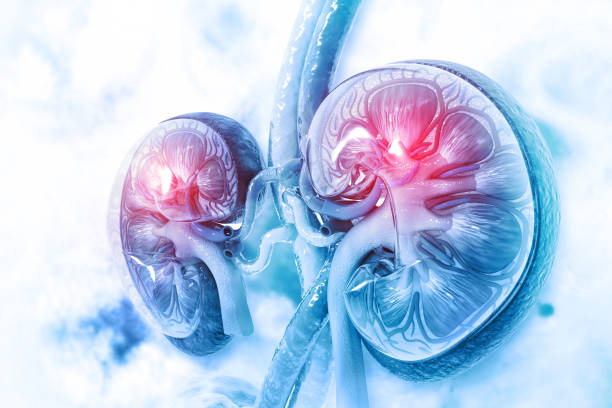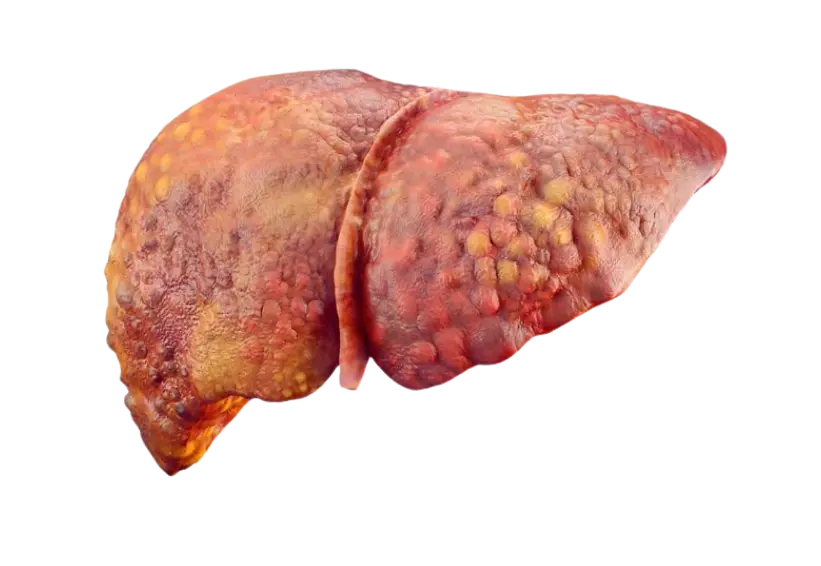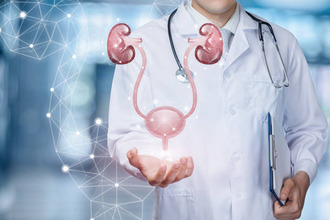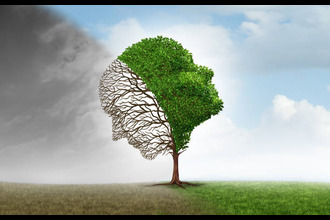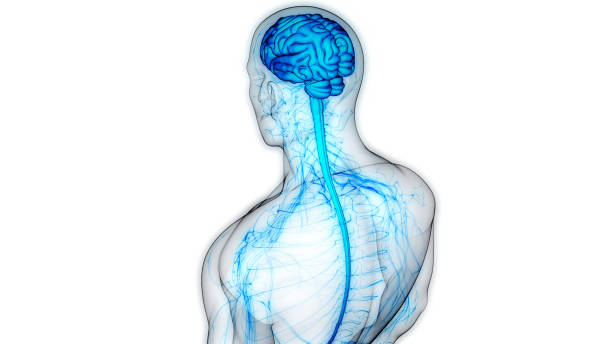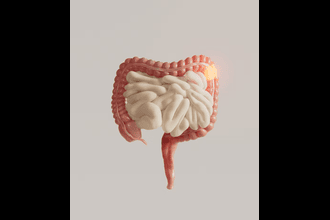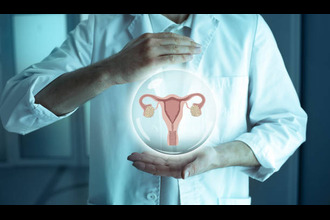Acute kidney disorders are sudden and temporary conditions that affect kidney function. However, with the right treatment, they can often be resolved.
- Acute kidney injury – A sudden decline or failure in kidney function caused by factors such as dehydration, medication side effects, kidney injury, or infections.
- Kidney stones – Deposits of salts and minerals that form stones in the kidneys. This condition can cause intense pain and blood in the urine while passing urine.
- Urinary tract infections (UTIs) – Infections affecting the urinary system, including the bladder, urethra, and kidneys. If untreated, UTIs can lead to kidney infections.




